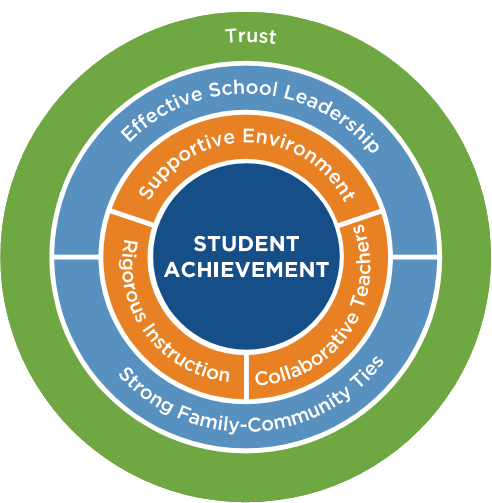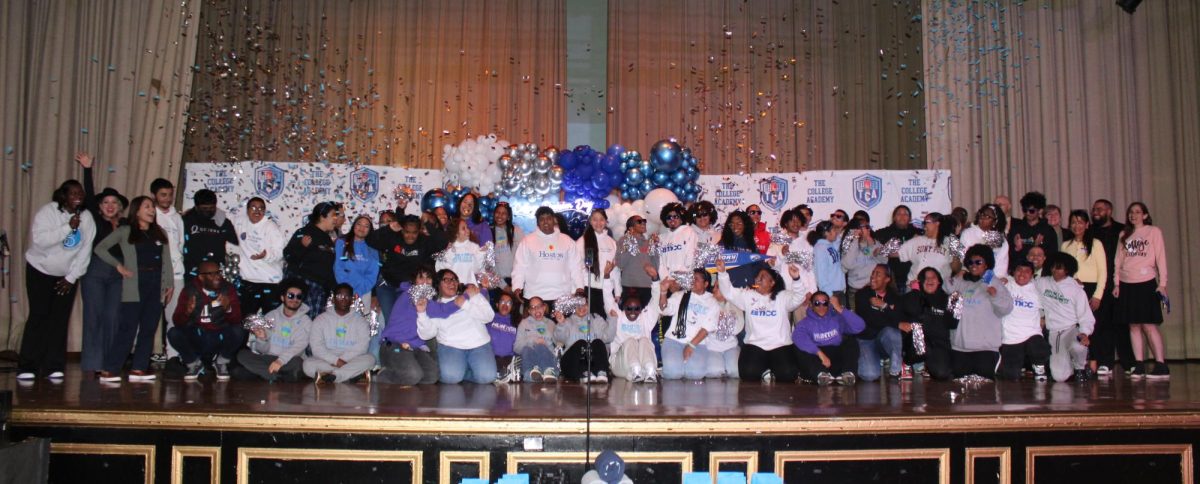In our society today mental illness has had a major impact on the lives of young people. These issues have caused a series of events that could’ve been prevented if only people weren’t made fun of or insulted. Rather than being seen as a real problem, mental illness is mostly seen as the mind playing tricks on you or merely as a tantrum due to substance abuse. The problem of mental illness has impacted many people’s families and communities, and it continues to influence our past, present and future. It has led to very sad incidents that could have been handled differently. It has been shown that when family problems, such as parental divorce, being harassed by a close friend or relative, or bullying or online comments begin to occur, mental health problems may manifest in the individual.
“A mental illness is a physical illness of the brain that causes disturbances in thinking, behavior, energy or emotion that make it difficult to cope with the ordinary demands of life. Research is starting to uncover the complicated causes of these diseases which can include genetics, brain chemistry, brain structure, experiencing trauma and/or having another medical condition, like heart disease.” https://www.pinerest.org/newsroom/articles/mental-health-awareness-blog/
The Risk of Ignoring the Issue
Due to many people’s skepticism around mental illness, each year 44 million adults will go through a serious mental health condition, less than half of that 44 million will go get treatment because of the discrimination. Media stereotypes and a lack of education on the issue (compared to other illnesses and impairments like cancer, diabetes, or heart disease), means that people are much more likely to stigmatize mental health issues. There are also examples of ways to make family members or a loved one who may be struggling with mental health difficulties feel at ease and not appear strange or insane.
“Stigma affects not only the number seeking treatment, but also the number of resources available for proper treatment. Stigma and misinformation can feel like overwhelming obstacles for someone who is struggling with a mental health condition. Here a few powerful things you can do to help:
- Showing individuals respect and acceptance removes a significant barrier to successfully coping with their illness. Having people see you as an individual and not as your illness can make the biggest difference for someone who is struggling with their mental health.
- Advocating within our circles of influence helps ensure these individuals have the same rights and opportunities as other members of your church, school and community.
- Learning more about mental health allows us to provide helpful support to those affected in our families and communities.
Signs and Symptoms
According to www.pinterest.org, “Each year, 13% of children, 46% of teenagers, and 19% of adults suffer from mental health disorders. Individuals who are experiencing mental health issues could be members of your family, neighbors, teachers, coworkers, or churchgoers. However, due to the stigma associated with mental health, only half of individuals impacted receive treatment. If left untreated, mental illness can lead to increased medical costs, worse academic and professional performance, fewer job possibilities, and a higher risk of suicide. A person’s day might be impacted by their mental health if they spend all day in bed, isolate themselves from friends and family, or have physical health issues. There are numerous indicators of mental wellness. These are some indicators that mental health issues are worsening:
- Eating or sleeping too much or too little
- Pulling away from people and usual activities
- Having low or no energy
- Feeling numb or like nothing matters
- Having unexplained aches and pains
- Feeling helpless or hopeless
- Smoking, drinking, or using drugs
- Feeling unusually confused, forgetful, on edge, angry, upset, worried, or scared
- Yelling or fighting with family and friends
- Experiencing severe mood swings that cause problems in relationships
- Having persistent thoughts and memories you can’t get out of your head
- Hearing voices or believing things that are not true
- Thinking of harming yourself or others
- Inability to perform daily tasks like taking care of your kids or getting to work or school
https://www.samhsa.gov/mental-health
Seeking Help
For anybody who needs the help or just needs to talk to someone about your problems https://www.schools.nyc.gov/school-life/health-and-wellness/mental-health has links and numbers to real life hotlines and counselors. If in need of help always go get it
 instead of listening to others who have no education of the mind or disorders of the human body. However, if you wouldn’t trust or want to talk to strangers online you can talk to a close friend or counselors at your school or even your favorite teacher because talking about your feelings helps more than bottling them up!.
instead of listening to others who have no education of the mind or disorders of the human body. However, if you wouldn’t trust or want to talk to strangers online you can talk to a close friend or counselors at your school or even your favorite teacher because talking about your feelings helps more than bottling them up!.
































